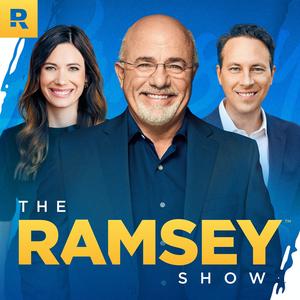
In this episode of Freakonomics, titled “Can Academic Fraud Be Stopped?”, the hosts delve into the world of academic research and the prevalence of misconduct. They explore the impact of fraud in academic journals, the challenges faced by reformers, and the potential consequences for offenders. The episode features discussions with whistleblowers, alleged fraudsters, and experts in the field.
Last week’s episode focused on academic fraud, featuring individuals accused of misconduct, whistleblowers, and a lawsuit involving the whistleblowers. The episode highlighted the feelings of betrayal experienced by a co-author and discussed the potential consequences of academic misconduct. It set the stage for a deeper exploration of the academic research industry and the challenges in preventing fraud.
This episode delves into the world of academic research, shedding light on widespread misconduct and the likelihood of offenders escaping consequences. The hosts discuss the impact of fraud in academic journals and its implications for research findings. They also explore the efforts made by reformers to combat fraud within the industry.
The episode focuses on a specific case of alleged data fraud involving two researchers, Dan Arieli and Francesca Gino. The paper in question was retracted, leading to a lawsuit and whistleblowing activities. Max Baserman, a senior researcher on the paper, reflects on the situation and explores the factors that enable unethical behavior in academia.
The hosts discuss the challenges faced in addressing academic fraud, including universities being slow to act, keeping investigations hidden, and advising against disclosing misconduct when providing references. They highlight the different outcomes of high-profile cases, with some individuals facing minimal consequences while others are suspended or investigated. The episode emphasizes the significant and widespread nature of academic fraud, with an estimated 2% of papers being retracted for misconduct.
The Center for Open Science, led by psychology professor Brian Nosek, aims to promote transparency in academic research and shift the research culture for the better. The episode explores the importance of encouraging post-publication critique and correction, as well as rewarding whistleblowers who identify errors. It highlights the need for significant changes in how social science is conducted to enhance its credibility and improve its quality.
The episode “Can Academic Fraud Be Stopped?” sheds light on the prevalence of misconduct in the academic research industry and the challenges faced in preventing fraud. It explores a specific case of alleged data fraud, highlighting the consequences and factors that enable unethical behavior. The episode emphasizes the need for reform in the research culture and the importance of transparency and accountability in maintaining the integrity of academic research.